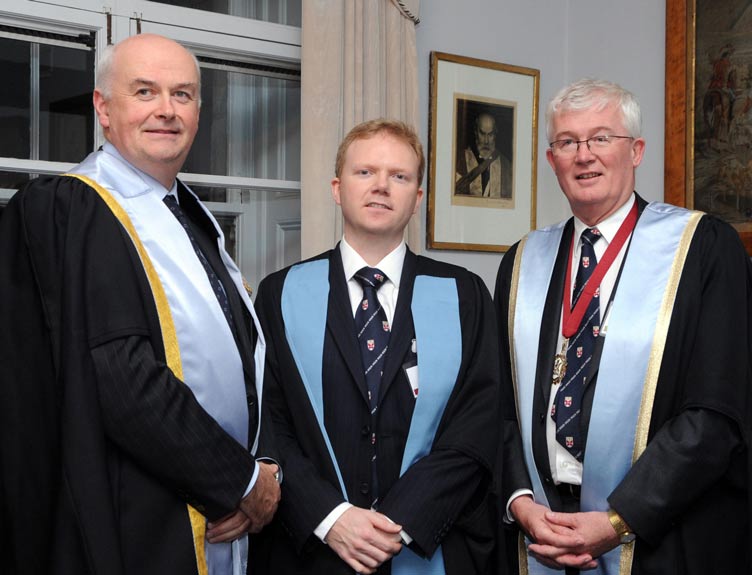RCSI Millin Meeting addresses elective surgery programme and competence assurance

RCSI held its Annual Millin Meeting on Friday, 12 November. This year's Meeting explored the development of an elective surgery programme and competence assurance.
Professor Eilis McGovern, President, RCSI, said: "This year's Millin meeting will address two of the most important issues facing Irish surgeons. The College is collaborating with the Director of Quality and Clinical Care in the HSE on an Elective Surgery Programme (ESP), the ultimate objective of which is to provide ring-fenced beds for elective surgery. The second main area of concern at present is Competence Assurance and 1 May 2011 is the date by which we will all have to register with a training body and the time from which a rolling five-year programme of recording of CA will commence.
Among the keynote speakers at the meeting were Mr Doug McWhinnie, Past President, British Association of Day Surgery and Dr Kerri Houghton, Clinical Advisor to the Department of Health Elective Care and Diagnostics Branch and Clinical Advisor to the Enhanced Recovery Partnership Programme, Department of Health, UK.
The meeting incorporated the 20th Carmichael Lecture delivered by Marc Coleman, Author and Economist, entitled ‘Doctors differ patients die: An analysis of the analysis of Ireland's condition'.
The day-long event culminated in 33rd Millin Lecture delivered by David Healy, FRCSI entitled: ‘Successful Surgery: A Science of Scalpels, Sutures and Susceptive Cells'.
Speaking at the Millin Meeting, Marc Coleman described the possibility of tax increases and cuts to welfare benefits in the forthcoming budget as "incompetent surgery". "What we need to do," Coleman said, "is begin by eliminating wasteful spending, tackling overpay and lavish pensions, privatising surplus state assets and exacting some contribution from bondholders in the banks owned by government. These actions have less impact on domestic spending and employment than do tax increases or welfare cuts which directly impact on the mainly domestic expenditure of low income households."
He added that while means testing of welfare benefit and free University fees was justified, cutting basic welfare rates, like the old age pension, would be a lazy and unfair way of reducing spending.



